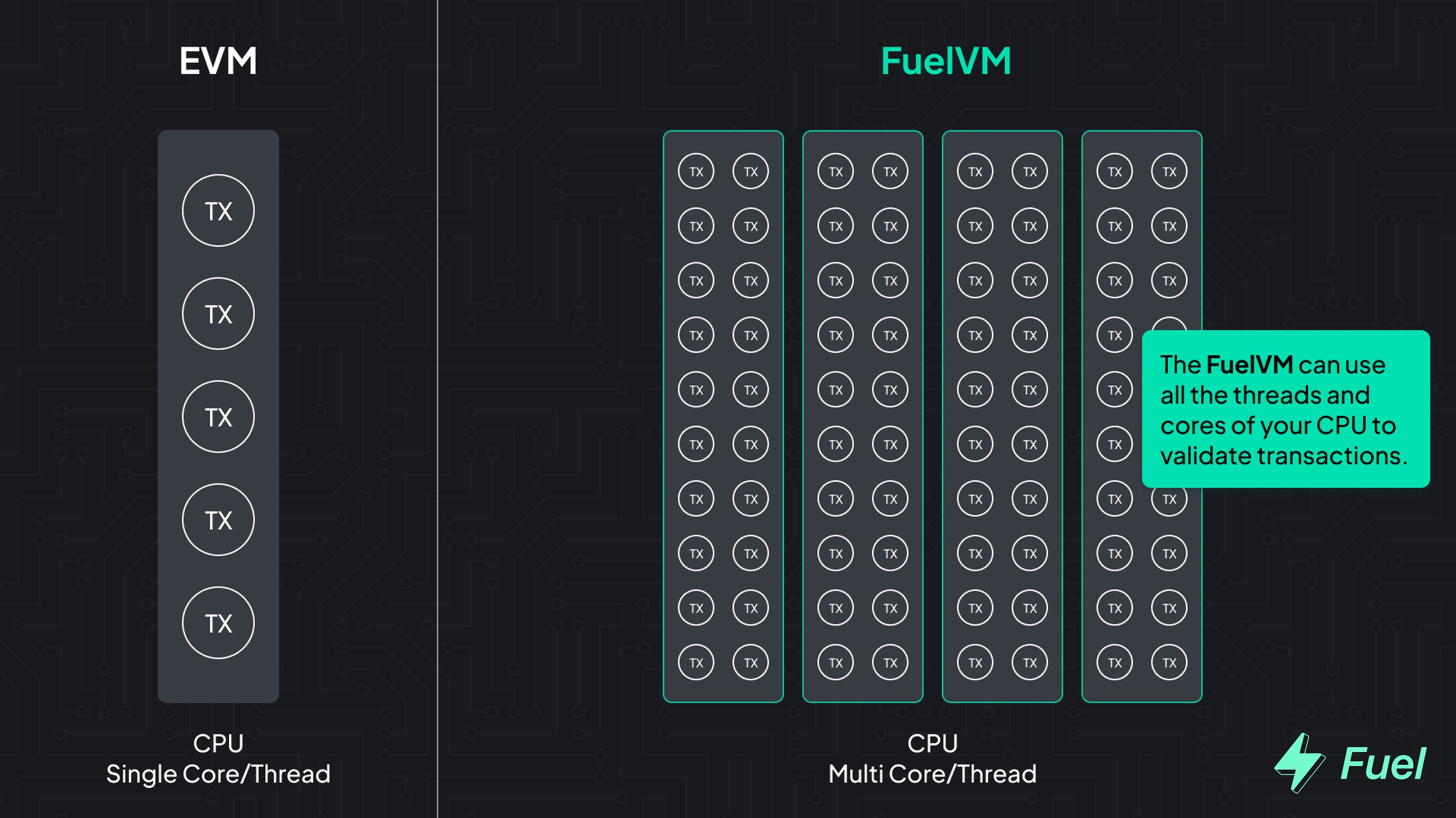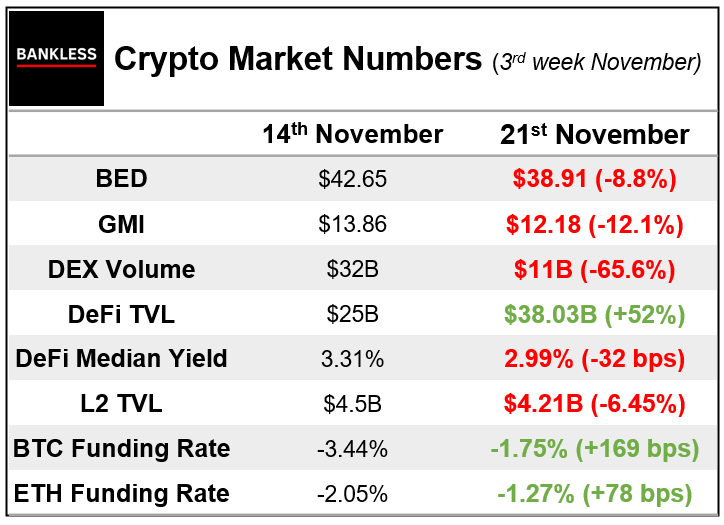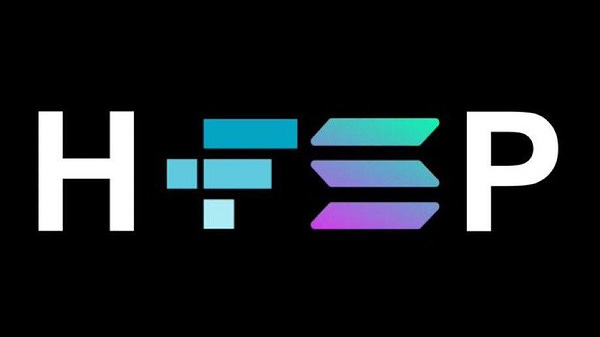Genesis is in Trouble
Genesis is in TroubleWith a bankruptcy looming, we unpack how business got bad for Barry
Build safer smart contracts with 20+ Web3 DevTools from ConsenSys’ security tooling guide. Level up your blockchain auditing 👨💻 Dear Bankless Nation,Not sure if you noticed, but November hasn’t been all that kind to the crypto industry! The outlook this week doesn’t appear all that rosy either as people wonder if Genesis is on the verge of disaster. We’re kind of curious about that too… so let’s dig into what’s going down with Barry Silbert’s Digital Currency Group. Et tu, Genesis?Last week, Genesis froze its lending program. Crypto Twitter (obviously) then began circulating rumors about impending Genesis disaster. Not only has the solvency of Genesis, which was crypto’s only full-service prime brokerage, been called into question, but the backing of GBTC, a Bitcoin trust product, has come under similar scrutiny, after its trustee, Grayscale, stated it would not share its proof of reserves audit, citing “security concerns”. 
Crypto King @Cryptoking
UPDATE WE ARE SO SO SO FUCKED… @Grayscale is refusing to show Proof of Reserves… They hold their #BTC and #ETH on #coinbase…but won’t show blockchain data confirming ANY of their holdings. “Teserves” are an excel spreadsheet 💀
6:09 AM ∙ Nov 21, 2022
391Likes55Retweets
What do both Genesis and Grayscale have in common? Well, they are both subsidiaries of crypto conglomerate Digital Currency Group (DCG). DCG is rumored to have very little remaining liquidity after infusing $140M of fresh capital into Genesis last week, a necessary move after the firm’s lending group lost access to $175M locked in FTX accounts, an event that immediately preceded the freeze in withdrawals from Genesis’s lending platform. All of this left Crypto Twitter to wonder: how bad can it possibly get? Aaaand today we got our answer: Genesis is on the verge of bankruptcy… But they don’t have any immediate plans to file bankruptcy. So… that’s bullish, right? Unfortunately, probably not. FTX’s collapse and the ensuing crypto credit crunch created an industry wide credit crisis, which caused a bank run on Genesis. Current bailout plans involve an infusion of an additional $500M, half the size of the firm’s original $1B ask, with Binance being cited as a source of potential funding (though the WSJ isn’t so sure a Binance deal is going to happen). So, what is Genesis?Let’s step back, and take a good look at what Genesis is and the firm’s potential sources of financial risk. For a more thorough description of the services Genesis offers, see this amazing tweet thread (that I have summarized below) by Ram Ahluwalia. Genesis fulfills many of the same functions as a traditional brokerage, while tailoring its offerings towards institutional clientele. Offerings of prime brokerages, like Genesis, include lending and OTC services. In traditional financial markets, prime brokers, such as Goldman Sachs, offset positions with a counterparty. Suppose a Goldman Sachs client wants to go long on $100M of US Treasuries: if Goldman Sachs fulfilled this order without hedging, they would be short $100M of US Treasuries. If yields begin to fall, Goldman Sachs will be at a loss, but if yields continue to rise, Goldman Sachs nets a profit from the position. Instead of exposing itself to price fluctuations in the underlying security, Goldman Sachs would simultaneously enter into a long position with JP Morgan, quoting its client a slightly higher price (ask) than it receives (bid) from JPM. This allows dealers to capture bid/ask spreads, without assuming directional exposure, when executing client orders. As the pioneer of crypto OTC and prime brokerage markets, Genesis is not afforded the same access to robust inter-dealer markets as traditional financial institutions. Genesis attempted to offer the same services as its trad peers, despite a lack of similar risk management solutions. Genesis Sources of RiskWe know that Genesis is no longer fulfilling withdrawal requests. But why? Genesis is facing issues regarding liquidity – and potentially solvency. Liquidity IssuesMuch like a bank, which is primarily financed by demand deposits, Genesis relied on short-term funding sources, including Circle’s Yield program and Gemini Earn. Additionally (much like a bank), Genesis was involved in the maturity transformation of assets, meaning they made long-term loans with these short-term deposits. Lending out funds for longer maturities enables Genesis to capture a spread between its cost of capital and interest income, providing the basis of a potentially profitable business model. This strategy, however, presents the risk that the bank-like entity does not have enough liquidity to fulfill unexpectedly high volumes of withdrawal requests. During times of economic uncertainty, lenders typically look to recall outstanding credit from wherever possible and shore up their own cash/liquid asset reserves. Short-term deposit sources, like those used to fund Genesis, allow users to withdraw funds on demand and are among the first places lenders look for liquidity. Immediately prior to Genesis freezing withdrawals, individuals and institutions (including Genesis) with funds on FTX suddenly lost access to capital they believed was liquid. Additionally, FTX’s mismanagement of user funds drew renewed ire towards crypto lending practices and increased calls from the industry to take a second look at undercollateralized and off-chain lending practices. The FTX implosion created a need for liquidity to replace funds locked on the exchange and decreased crypto ecosystem participants’ willingness to lend to centralized blackboxes, decreasing available funding sources to Genesis. Unfortunately, (much like a bank) Genesis extended loans with distant maturities to borrowers and did not have sufficient access to on-demand liquidity to fulfill the unusually high volumes of withdrawal requests that followed in the wake of FTX. Liquidity problems for Genesis are probably the best case scenario and likely result in near-term resumption of withdrawals! A potential solution, like the Binance deal contemplated above, is likely to proceed in this case, with withdrawals likely to be enabled soon afterwards. 
db @tier10k
 
db @tier10k
[DB] Genesis Has Slashed Its Raise Target From $1bn to $500 Million: The Block 10:40 PM ∙ Nov 21, 2022
672Likes55Retweets
Solvency IssuesGenesis likely has counterparty exposure related to duration management activities and position hedging. Duration is a measure of the interest rate sensitivity of the value of assets and liabilities to changes in interest rates. A higher duration implies a greater price sensitivity to fluctuations in interest rates, with higher rates having a negative impact on valuations and lower rates having a positive impact on valuations. Taking shorter-term sources of funding (lower duration) and making longer-term loans (higher duration) exposes financial entities to duration mismatch. For Genesis, this means that for a given change in interest rates, the magnitude of impact on Genesis’s assets will be greater than that on its liabilities. The solvency of Genesis, prior to managing its duration gap, is negatively correlated with changes to interest rates. Given the frozen state of crypto credit markets and increases in risk-free rates, driven by contractionary monetary policy, an unhedged Genesis would struggle with its solvency. While Genesis likely hedged against rising rates, insolvency of key counterparties to its duration management strategy would leave Genesis with directional exposure, increasing its own risk of insolvency. Remember all of that Bitcoin that the Luna Foundation Guard purchased with UST? 
LFG | Luna Foundation Guard @LFG_org
1/ The LFG has acquired an additional 37,863 Bitcoins totaling ~$1.5 billion in OTC swaps with @GenesisTrading and 3AC.

CNBC @CNBC
Luna Foundation Guard bolsters stablecoin reserve by raising $1.5 billion in bitcoin https://t.co/zzZcH2Yok7 3:21 PM ∙ May 5, 2022
2,498Likes556Retweets
Genesis received $1 billion of UST from this swap! While it is likely that Genesis would have attempted to hedge their exposure to UST, the insolvency of counterparties to this hedge would create directional exposure to UST. Today, that $1B of UST has a market value of only $23M! Every crypto hedge fund explosion increases the probability that Genesis has directional exposure to crypto assets, including unsold UST. Counterparty risks represent a much larger threat to Genesis than liquidity issues. While liquidity issues mean that Genesis has enough assets to repay all users in full, just not today, counterparty risk directly impacts Genesis’s solvency. Failure of risk management strategies, due to counterparty insolvency, will negatively impact the solvency of Genesius and result in diminished payouts to its creditors! Dubious ConnectionsGenesis, 3AC, GBTC, and DCG. What do these 4 words/acronyms/tickers have in common? They were all involved in a complicated, intertwined GBTC trade. Grayscale (a DCG subsidiary) is the trustee for GBTC. In exchange for its services, Grayscale earns a 2% annual fee, in perpetuity for all assets under management within the trust. SEC regulatory statements filed Q3 2022 indicate that Grayscale has made over $302M in YTD fee revenue from GBTC, compared to $433M over the same period in 2021. Genesis (also a DCG subsidiary) was a primary lender to 3AC. According to an analysis of publicly available SEC and investor filings by DataFinnovation performed back in July, Genesis was essentially lending at its single counterparty limit to 3AC. The analysis speculates that in exchange for collateral, 3AC would borrow BTC from Genesis, return the BTC to Genesis to create GBTC (Genesis is the only Authorized Participant who can create shares of GBTC), and provide the GBTC back to Genesis to restart this circular process. When GBTC was trading at a premium to BTC, 3AC was essentially creating free money and using the profits to increase exposure to GBTC and other crypto assets. Assuming that the premium held, 3AC could theoretically repeat this arbitrage process forever. This trade proved highly profitable for DCG too, by increasing the AUM for Grayscale’s BTC trust and boosting fee revenue. Unfortunately, this premium turned into a discount as GBTC sell pressure increased and demand for the product diminished. In combination with Luna’s death spiral, a previously sizable investment position in the 3AC portfolio, the end result is an insolvent 3AC. Genesis is unlikely to fully collect on outstanding loans to 3AC, and given the lack of sophisticated counterparties within crypto, they may have non-negligible counterparty exposure to 3AC. Known lending relations and potential counterparty exposure with 3AC (or other insolvent crypto funds) has created continued liquidity pressures for Genesis and remained a source of insolvency risk. Grayscale FUD?Not only is DCG dealing with issues pertaining to Genesis withdrawals and its solvency, but the conglomerate has also been forced to defend the backing of GBTC. This is a 100% self-inflicted wound for DCG, who refused to release wallet addresses holding Grayscale trust assets or their full proof of reserve audit. In the aftermath of the FTX saga and concerns about exchanges falsifying proof of reserve audits, Grayscale’s hesitance to produce its proof of reserve audits is an ABSOLUTELY TERRIBLE IDEA! 
Andrew @AP_ArchPublic
Quote from an a16z source on DCG/Genesis raise and lack of Grayscale reserve transparency: “Complete lack of awareness… FTX changed everything. I’d be shocked if they raise a quarter of what they are looking for.”
3:07 PM ∙ Nov 20, 2022
311Likes38Retweets
Third-party, on-chain attempts to verify the GBTC holdings were able to trace approximately 50% of BTC held by the trust. 
🏴∴Ergo∴🏴 @ErgoBTC
TLDR – Using public data and chain forensics, we have attributed 432 addresses holding 317,705 BTC to likely GBTC custody activity. – This total is ~50% of GBTC reported current holdings. – Additional work is necessary to ID the remaining addresses.
 12:35 PM ∙ Nov 20, 2022
1,004Likes119Retweets
Coinbase Custody, however, came to Grayscale’s defense, confirming that GBTC and other Grayscale products remain completely backed by assets under control of Coinbase Custody. 
Grayscale @Grayscale
4) All digital assets that underlie Grayscale’s digital asset products are stored under the custody of Coinbase Custody Trust Company, LLC. Read more from @coinbase‘s CFO Alesia Haas, and CEO of Coinbase Custody Aaron Schnarch:
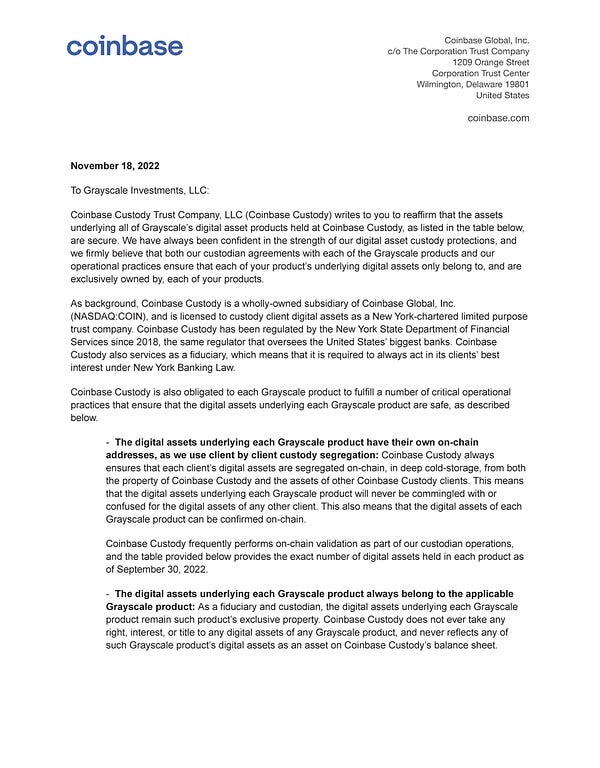 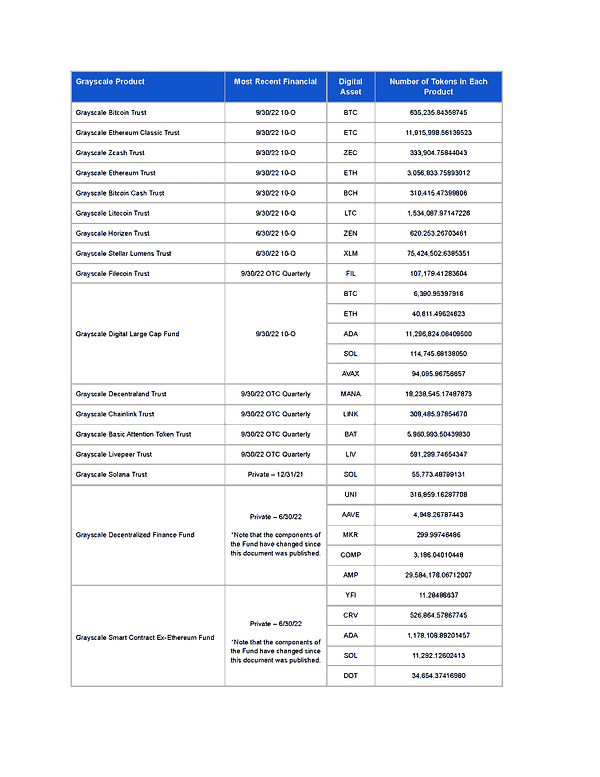 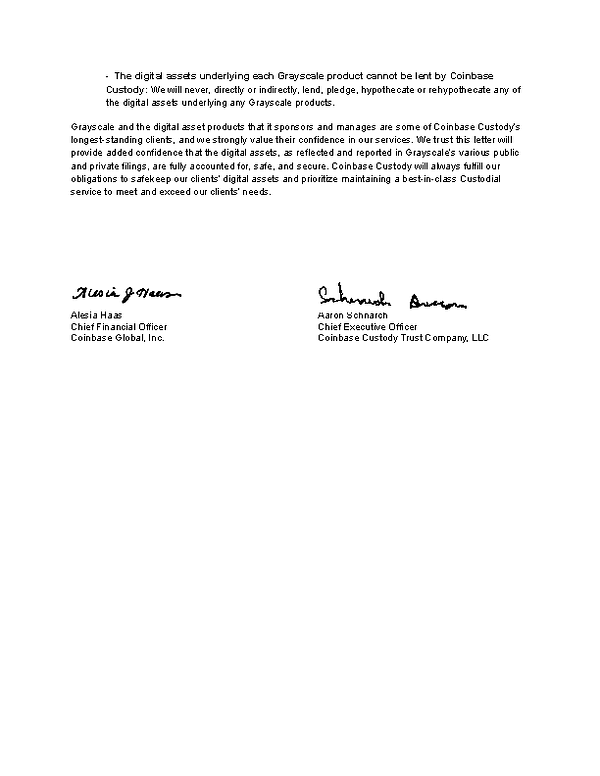  10:47 PM ∙ Nov 18, 2022
504Likes106Retweets
Related analysis from Nansen’s Alex Svanevik found that Grayscale’s ETH product is likely fully backed by reserves held by Coinbase Custody, providing further confirmation that GBTC is fully backed. 
Alex Svanevik 🐧 @ASvanevik
Given that CB has 1/8th the spot volume of Binance, holding 1/3rd the ETH reserves (excl. Grayscale) seems reasonable. CB probably also has other large custody clients. So: my guess is that the Grayscale ETH is already sitting in what we’ve tagged as CB in @nansen_ai.
3:54 PM ∙ Nov 19, 2022
91Likes3Retweets
It remains unlikely that Coinbase Custody would misrepresent the holdings of GBTC, given that such actions would be fraudulent and may expose Coinbase to legal repercussions. But after the FTX collapse and resulting scandalous accusations, Coinbase fraudulently representing the BTC holdings of Grayscale is not utterly inconceivable. DCG Contagion?While concerns surrounding Genesis’s solvency and Grayscale’s backings (as well as the general financial health of DCG) remain in question, failure of either of these groups would be disastrous for the crypto industry. Genesis has a much larger footprint than FTX and provides (provided?) prime brokerage services that empower institutional investment in crypto. 
Simon Dixon (Beware Impersonators) @SimonDixonTwitt
@MarioNawfal Here are the notes I covered on the show.
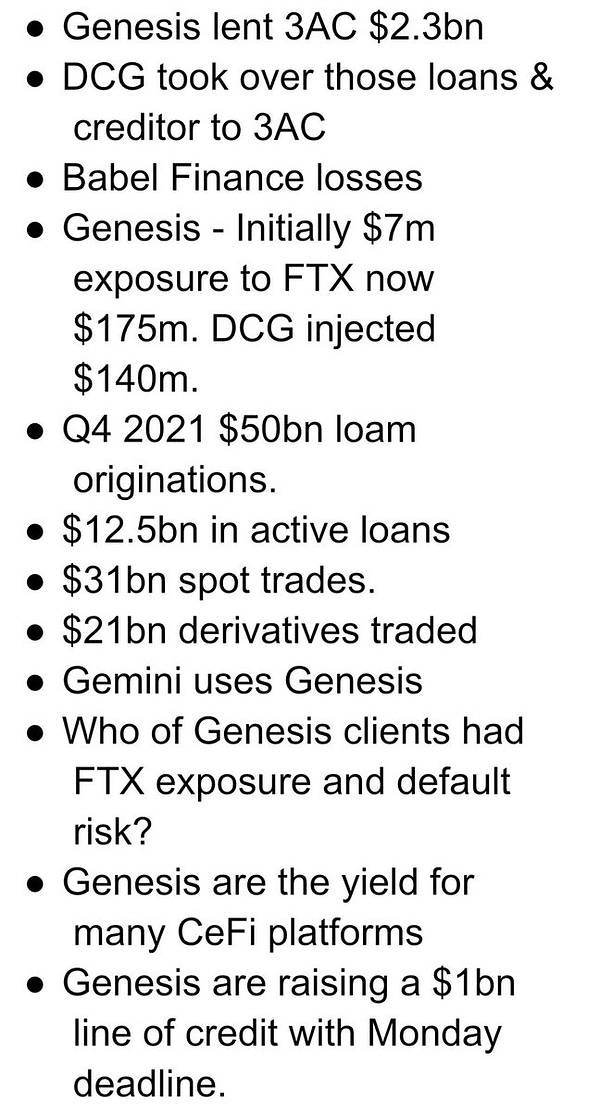 3:51 AM ∙ Nov 20, 2022
99Likes24Retweets
Scenarios ending with Grayscale winding up its trusts result in billions of dollars of sell pressure for BTC, ETH, and other Grayscale assets, an event which would decimate crypto markets. This outcome, however, remains unlikely given the amount of fee revenue generated from the product and the profitability of the group. 
Blockworks Research @blockworksres
5/ Between these two trusts, they own approximately – 633.8K BTC (~$10.5B) – 3.05M ETH (~$3.6B) As well as ~$570M in altcoins held in other trusts. Forced selling of these at one time would have potentially large negative impacts on the prices of crypto assets.
6:10 PM ∙ Nov 18, 2022
32Likes5Retweets
While it is unclear how the Genesis saga could unwind, the near-term fate of the broader crypto industry, once again, hinges on the solvency of another blackbox CeFi entity. Massive fallout will ensue if Genesis fails, especially considering the firm’s role as a nexus for institutional investment in crypto. Strap in anon. This could get bumpy! – Bankless Team 🙏 Together with ⚡️FUEL⚡️Modular blockchains are the future. L2s alone won’t solve the scaling problem; for this, we need to move toward a modular architecture. Fuel is the fastest execution layer for the modular blockchain stack, enabling maximum security and the highest flexible throughput. 👉 Go beyond the limitations of the EVM: explore the FuelVM 🎙️ Is the FED corrupt? with Christopher Leonard🎙️ Listen to podcast episode | Apple | Spotify | YouTube | RSS Feed MARKET MONDAY:Scan this section and dig into anything interesting Market numbers 📊Market Opportunities 💰Yield Opportunities 🌾What’s Hot 🔥
Money reads 📚
Trending Project: Gains Network 📈Analyst: Ben Giove Governance Alpha 🚨Meme of the Week 😂Job opportunities 🧑💼Browse more roles (or add your own) at the Bankless Jobs Board Action steps
Author BioJack Inabinet is an intern at Bankless. Prior to working at Bankless, Jack was a Commercial Real Estate Analyst at HAL Real Estate. He’s currently studying Business & Finance at the University of Washington and has been involved in crypto for 2+ years. Subscribe to Bankless. $22 per mo. Includes archive access, Inner Circle & Badge. 🙏 Thanks to our sponsor FUEL👉 Explore the FuelVM and discover its superior developer experience! Want to get featured on Bankless? Send your article to submissions@banklesshq.com Not financial or tax advice. This newsletter is strictly educational and is not investment advice or a solicitation to buy or sell any assets or to make any financial decisions. This newsletter is not tax advice. Talk to your accountant. Do your own research. Disclosure. From time-to-time I may add links in this newsletter to products I use. I may receive commission if you make a purchase through one of these links. Additionally, the Bankless writers hold crypto assets. See our investment disclosures here.
© 2022 Bankless, LLC. |



